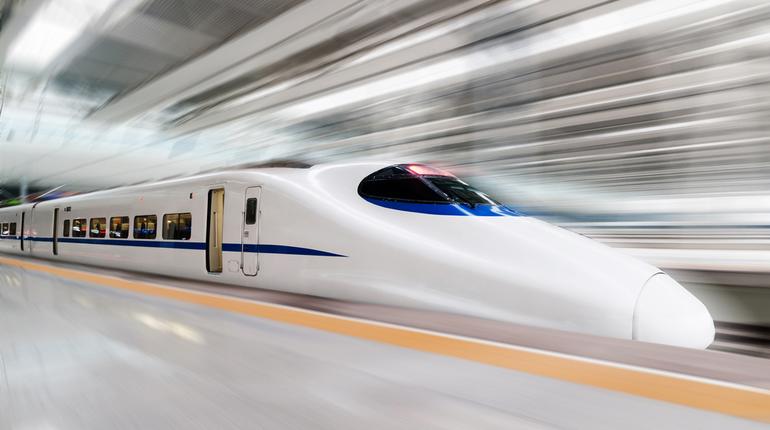
In a groundbreaking move towards self-reliance, India has announced plans to manufacture high-speed bullet trains domestically, eliminating the need for imports from Japan. This step aligns with the Make in India initiative and strengthens the country’s capability to produce bullet trains capable of reaching speeds of 280 km/h and operating at an average speed of 250 km/h.
Indigenous Bullet Train Production
The new high-speed trains will be developed for the upcoming standard gauge bullet train corridors. A senior Railways official confirmed that these trains will be based on the Vande Bharat platform, India’s hallmark for modern train manufacturing. Additionally, the corridors will feature Kavach 5.0, an advanced automatic train protection system, ensuring operational safety and efficiency.
Boost from Maharashtra Elections
Following the recent Maharashtra assembly elections, progress on the Mumbai-Ahmedabad high-speed rail corridor has accelerated. Over 320 kilometers of physical infrastructure has been completed, and land acquisition has been finalized. Officials stated that this experience will serve as a template for future bullet train corridors.
Technological Advancements
Key improvements are planned for the trains, including enhancements to the suspension systems and significant upgrades to the power train and body design. The Railway Board anticipates these advancements to materialize within the next three years, positioning India as a global player in high-speed rail technology.
Collaborations and Costs
The Integral Coach Factory (ICF) has been entrusted with manufacturing the bullet trains, in collaboration with BEML. The cost of manufacturing these trains is projected at ₹27.86 crore per coach. While India aims for self-sufficiency, negotiations are ongoing with Japan’s Shinkansen suppliers for advanced train models for the Mumbai-Ahmedabad project.
Future Expansion Plans
The BJP’s election manifesto has proposed feasibility studies for bullet train corridors in northern, southern, and eastern India. More than 50% of civil work on the Mumbai-Ahmedabad corridor is already complete, paving the way for the next phase of India’s high-speed rail journey.
This development underscores India’s commitment to becoming a global leader in high-speed rail technology, blending domestic expertise with strategic collaborations.


